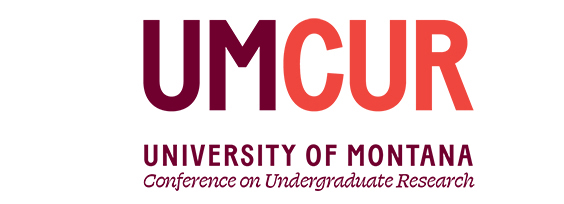Oral Presentations
The Nation that Nearly Wasn’t: Exploring the Key Issues of Post Revolutionary America, 1783-1787
Project Type
Presentation
Faculty Mentor’s Full Name
Claire Arcenas
Faculty Mentor’s Department
History
Abstract / Artist's Statement
My research explores the period of American history between the end of the War for Independence and the Constitutional Convention. It investigates the key issues facing the American public during that period and why it became necessary to draft a Constitution for the new nation. My research reveals that the earliest years of the American republic did not carry the air of triumph and exceptionality sometimes attributed to the period and to American history more generally.
My source base comprises materials from before, during, and after the events of Shays’ Rebellion and the Controversy regarding navigation of the Mississippi River. Using letters of correspondence among prominent figures, the Federalist Papers, newspaper articles, and secondary literate focusing on the period I have been able to gain a sense of the period and the issues plaguing the new nation. In terms of research, writings from elite members of society have been significantly easier to find than their non-elite counterparts. Regardless, one is still able to glean information on public sentiment through such writings. Taken together, my research in these sources reveals that the United States suffered significant difficulties that could have prevented the formation of the nation known today.
America is regarded by most of its citizens to be a great nation that defeated the British empire and created an exceptional form of a liberal constitutional republic that has been able to succeed while many other efforts at similar nation-building have failed. While there may be some truth to such sentiment, an analysis of actual history demonstrates that America in its early stages encountered significant difficulties and was overall rather weak after its victory in the American Revolution. An exploration of such difficulties has the ability to add to proper understanding of history and to challenge ideas of American exceptionality.
Category
Humanities
The Nation that Nearly Wasn’t: Exploring the Key Issues of Post Revolutionary America, 1783-1787
My research explores the period of American history between the end of the War for Independence and the Constitutional Convention. It investigates the key issues facing the American public during that period and why it became necessary to draft a Constitution for the new nation. My research reveals that the earliest years of the American republic did not carry the air of triumph and exceptionality sometimes attributed to the period and to American history more generally.
My source base comprises materials from before, during, and after the events of Shays’ Rebellion and the Controversy regarding navigation of the Mississippi River. Using letters of correspondence among prominent figures, the Federalist Papers, newspaper articles, and secondary literate focusing on the period I have been able to gain a sense of the period and the issues plaguing the new nation. In terms of research, writings from elite members of society have been significantly easier to find than their non-elite counterparts. Regardless, one is still able to glean information on public sentiment through such writings. Taken together, my research in these sources reveals that the United States suffered significant difficulties that could have prevented the formation of the nation known today.
America is regarded by most of its citizens to be a great nation that defeated the British empire and created an exceptional form of a liberal constitutional republic that has been able to succeed while many other efforts at similar nation-building have failed. While there may be some truth to such sentiment, an analysis of actual history demonstrates that America in its early stages encountered significant difficulties and was overall rather weak after its victory in the American Revolution. An exploration of such difficulties has the ability to add to proper understanding of history and to challenge ideas of American exceptionality.
